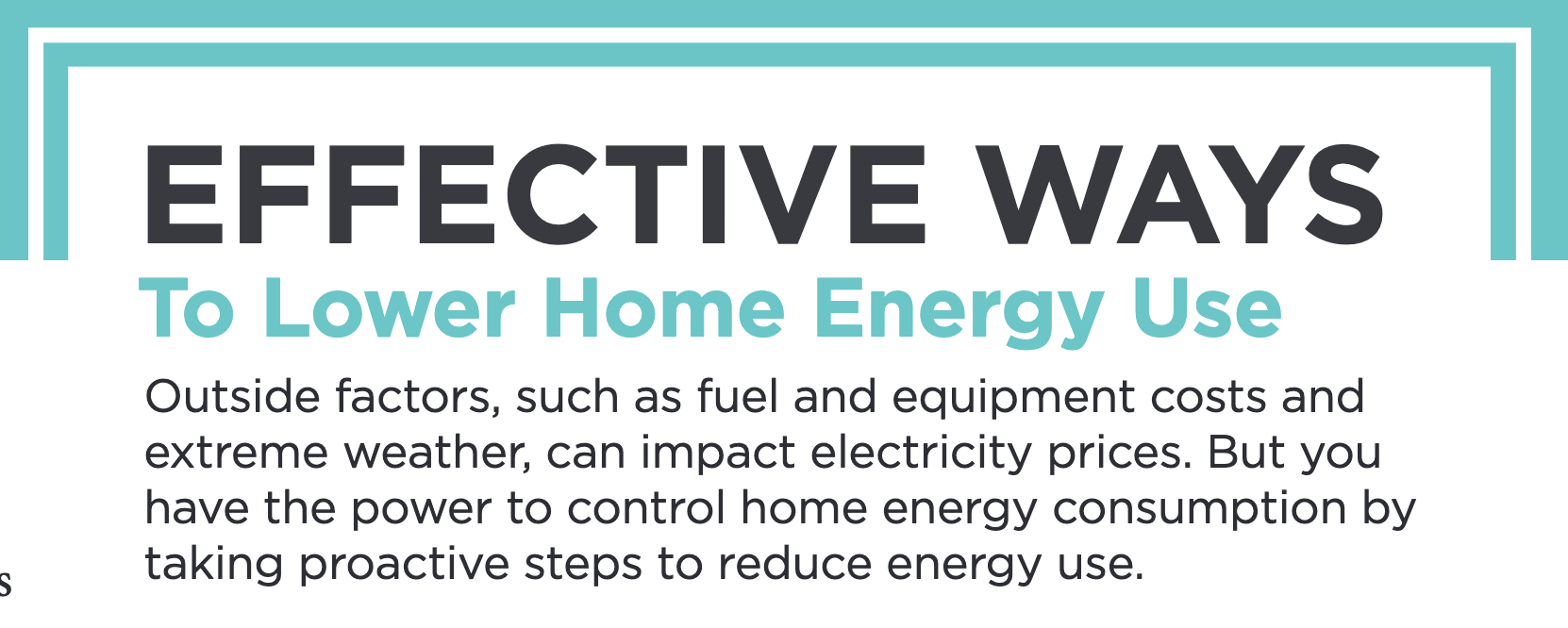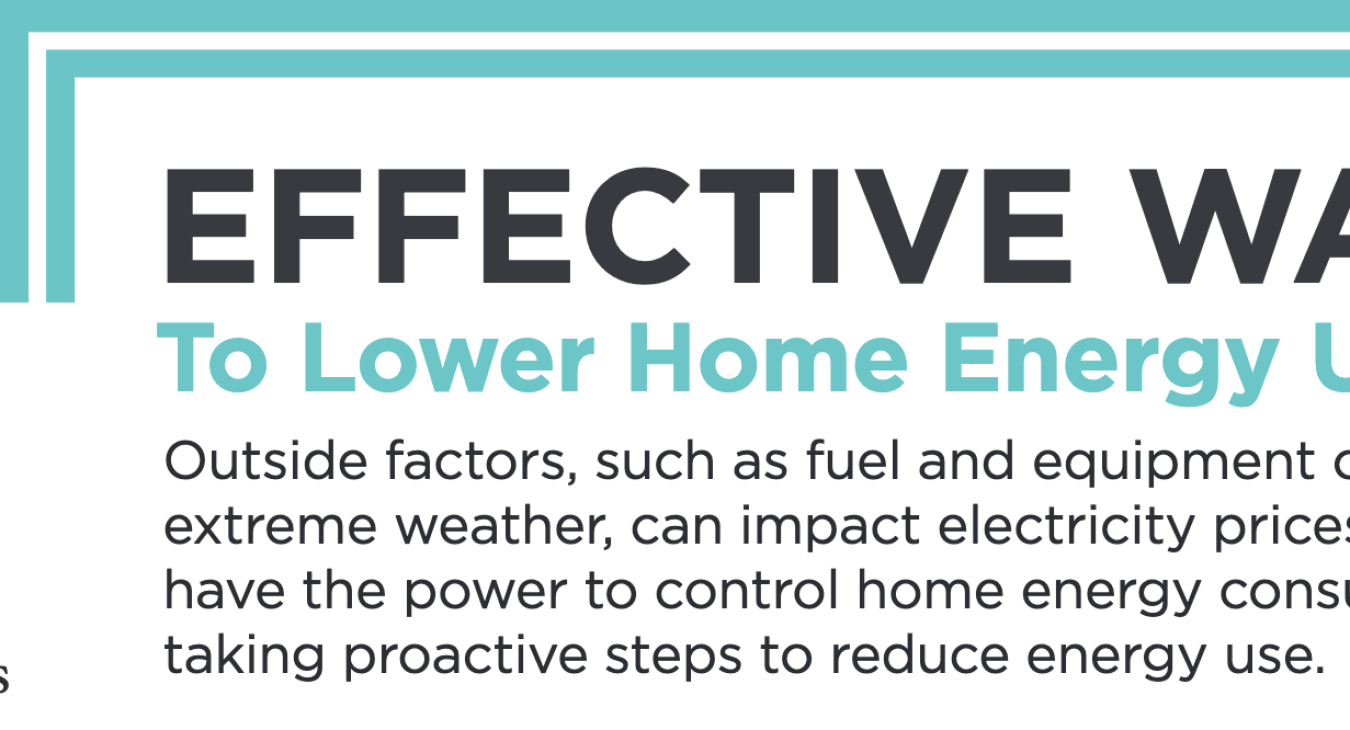Understanding Factors that Impact Your Energy Bills
By Abby Berry
February brings some of the coldest weather of the year, and when our home heating systems work to keep us warm, we typically see higher energy bills.
A few key factors affect electricity prices, but you also can make a meaningful impact on home energy savings.
When you receive your monthly electric bill, you’re provided with a summary of how much electricity you used during the billing cycle. On SmartHub, you can even see how electricity use may have spiked on a particularly chilly (or hot summer) day or when guests stayed with you.
However, you might be surprised to learn that beyond your monthly energy consumption, there are external factors that can impact the cost of electricity.
Fuel Prices
Electric cooperatives buy electricity from our power generation partners at a wholesale cost, then we deliver that power to our communities. The cost of generating and transmitting electricity from our generation partner accounts for a significant portion of the expense to provide electric service to homes and businesses—and the cost of fuels that are used to generate that electricity, such as natural gas and coal, fluctuate based on supply and demand.
While these fluctuations can impact the cost of electricity, we work closely with generation and transmission utilities to plan and help stabilize electricity prices for our members.
Extreme Weather
While we can’t control the weather, we can review weather patterns and forecasts to prepare for times of extreme cold or heat, when we know the demand for electricity will increase. However, when temperatures become extremely cold and the demand for electricity spikes, the price of electricity can also increase.
Infrastructure and Equipment
To cover the costs associated with providing electricity to your home or business, typically, co-op members pay a monthly base charge. This flat monthly fee ensures the costs of equipment, materials, labor and daily operations are covered for all members in the co-op’s service territory. To ensure the reliable service you expect and deserve, we must maintain the local grid, including power lines, substations and other essential equipment.
Energy Policy and Regulations
Federal energy policies and regulations can have a profound impact on electricity costs. As energy generation shifts to the use of more renewable sources and stricter regulations for traditional, always-available fuel sources, such as natural gas and coal plants, costly upgrades, and technologies must be constructed and deployed. These additional costs are ultimately passed to consumers.
U.S. power consumption is expected to double by 2050. Across the country, electric cooperatives are working with members of Congress to advocate for smart energy policies that reliably power our local communities.
You Have Control
While many of these external factors that impact electricity costs are out of our control, we have the power to manage our energy use at home. The most effective way to lower use is thermostat management. Since heating and cooling account for a major portion of home energy use, adjusting the thermostat to the lowest comfortable setting can help you save energy and money.
Remember to service your heating and cooling system annually and replace dirty filters as needed.
You can also reduce energy use by sealing air leaks around windows, doors and other areas where gaps are possible. This will help your heating and cooling system work less and improve the overall comfort of your home.
Your electric co-op is your local energy partner, and we’re here to help.


